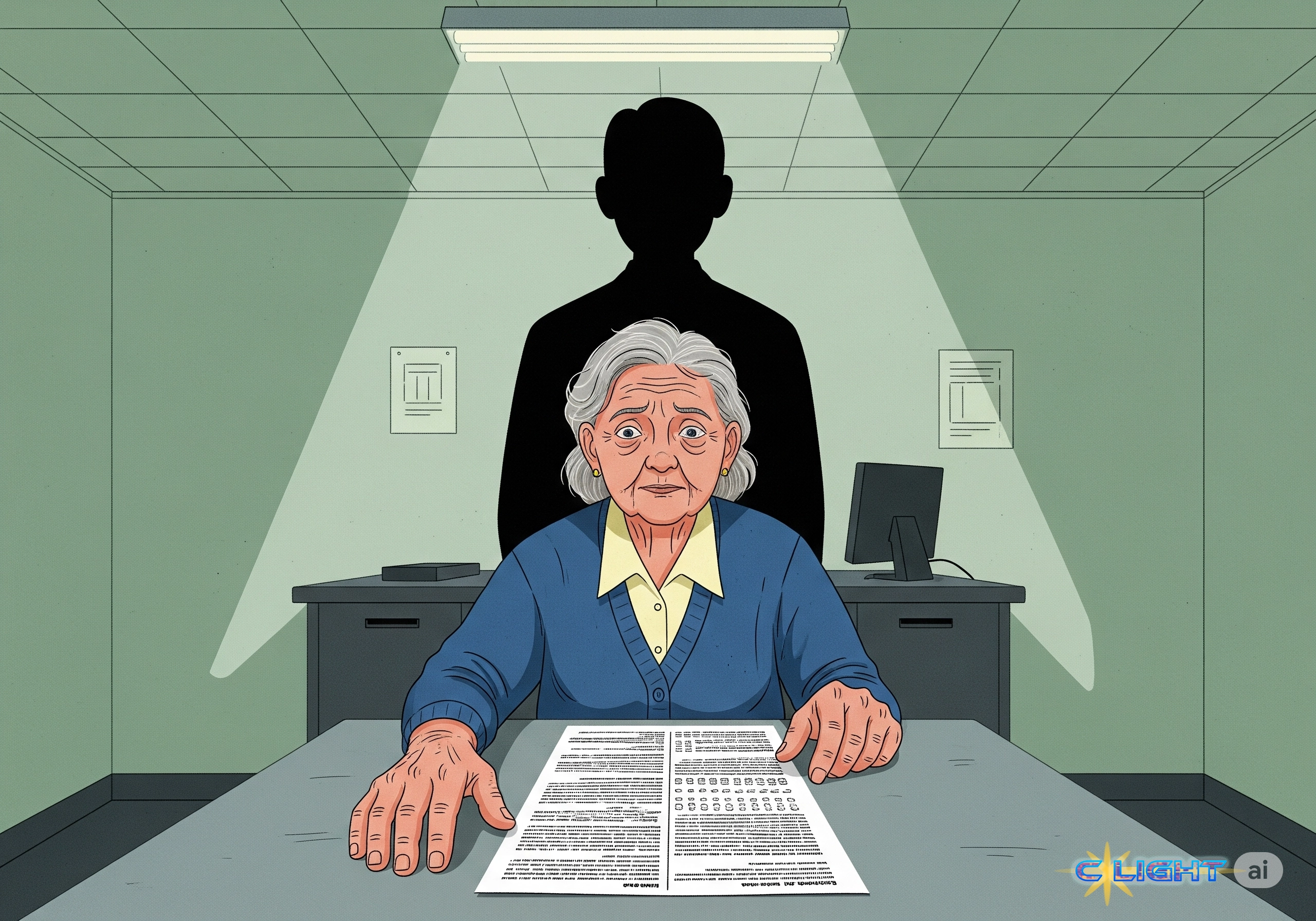With the blessing of President Felonious Punk, the new director of U.S. Citizenship and Immigration Services (USCIS), Joseph Edlow, has announced his intention to make the nation’s citizenship test significantly harder. Citing a 90% pass rate as evidence that the current test is “too easy” and allows applicants to simply “memorize the answers,” Edlow claims the changes are necessary to comply with the “spirit of the law.” But for immigrant advocates and those who work with aspiring new Americans every day, this move is not a good-faith effort to improve civic knowledge; it is the latest, and one of the most cynical, battles in a long-running war to restrict legal immigration.
Part I: The “Burdensome” History of a Failed Test
To understand the administration’s current plan, one must first understand that it is not new. The “new” test that Director Edlow plans to implement is a direct revival of the controversial and short-lived 2020 version, another product of the Trump administration. That test was so widely criticized that the subsequent Biden administration took the rare step of scrapping it entirely in 2021.
Officials at the time argued that the 2020 test was an “unnecessarily burdensome” and politically motivated barrier designed to decrease the naturalization rate, not improve civic understanding. By reverting to the 2008 version of the test—the one currently in use—the government sought to restore a more accessible and fair process. The administration’s current move, therefore, is a deliberate choice to reimplement a previously discredited and failed policy, fully aware of the obstacles it creates.
Part II: The Human Cost of a Harder Test
The proposed changes are not minor tweaks. The plan is to increase the pool of potential questions from 100 to 128, double the number of questions asked from 10 to 20, and double the number of correct answers needed to pass from 6 to 12. Most significantly, it would add a new, subjective “speaking section” where an officer would ask an applicant to describe photos of ordinary scenarios.
While this may sound reasonable on the surface, advocates who work on the front lines see it as a direct and disproportionate attack on the most vulnerable applicants. As Mechelle Perrott, a citizenship coordinator in San Diego, explained, many of her students are refugees from war-torn countries who have had little or no formal schooling. “It’s more difficult learning to read and write if you don’t know how to do that in your first language,” she noted. Making the test more reading-intensive and adding a new, high-pressure speaking component creates a massive barrier for these individuals, as well as for elderly immigrants and those with learning disabilities—people for whom the American dream should be most accessible.
Part III: The Political Motive
If the goal isn’t genuinely about improving civics, what is it? A look at Director Edlow’s history as a hardline immigration official and the administration’s broader agenda provides the likely answer. The stated goal of “improving civics knowledge” is a transparent pretext. The real goal, critics argue, is to lower the pass rate and therefore suppress the naturalization of new citizens, who are often perceived as being politically unfavorable to the administration. It is a form of bureaucratic voter suppression, an attempt to use a civics test as an ideological gatekeeper. It is a policy designed to ensure that the “priceless gift” of citizenship is granted only to those the administration deems desirable.

A Barrier, Not a Bridge
This is not a good-faith effort to strengthen the meaning of American citizenship. It is the weaponization of the naturalization process itself, transforming the test from a bridge to inclusion into a barrier designed to exclude. It punishes the most vulnerable for their lack of formal education while doing nothing to address the civic ignorance that is rampant among our own native-born population.
Perhaps, then, this is the perfect time to reinitiate a challenge that has been posed many times before: that any American running for federal office should first be required to pass this very same civics test before their name can appear on a ballot. It is a simple proposition. If this knowledge is the fundamental prerequisite for a new immigrant to become a citizen, it should surely be the bare minimum for those who wish to lead those citizens. One suspects the results might be surprising—and that many of the very politicians demanding a harder test for others would find themselves failing to make the grade.
Discover more from Clight Morning Analysis
Subscribe to get the latest posts sent to your email.










